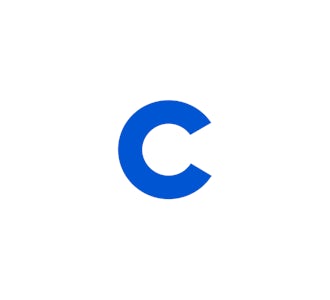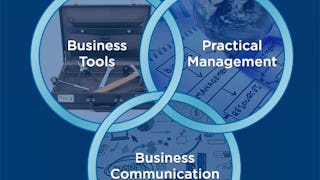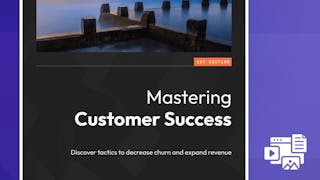![[Featured image] Smiling HR manager shaking hands with a candidate at an interview to get a job](https://images.ctfassets.net/wp1lcwdav1p1/4CXUMmtizpQsaQqTKFqnZu/1d09d8abf3d5db001245b8e0c6f66197/GettyImages-2064265674.jpg?w=330&h=216&q=60&fit=fill&f=faces&fm=jpg&fl=progressive)
How Many Interviews Does It Take to Get a Job?
Learn about the different kinds of interviews you may encounter when interviewing for a job, how many you might expect to do, and some tips to help you prepare.
March 11, 2025
Article
From writing your resume to building your professional network, find resources to support your unique career journey.

Top courses for career success

University of California, Irvine
Skills you'll gain: Business Writing, Goal Setting, Negotiation, Time Management, Business Planning, Project Controls, Feasibility Studies, Entrepreneurship, Team Leadership, Business Correspondence, Financial Statement Analysis, Project Planning, Team Performance Management, Concision, Peer Review, Team Management, Editing, Project Management, Communication, Performance Metric
Beginner · Specialization · 3 - 6 Months

Macquarie University
Skills you'll gain: Stress Management, Resilience, Personal Development, Time Management, Intercultural Competence, Cultural Diversity, Productivity, Cultural Sensitivity, Adaptability, Self-Awareness, Business Ethics, Business Writing, Leadership Development, Cognitive flexibility, Diversity Awareness, Professional Development, Diversity and Inclusion, Workplace inclusivity, Lifelong Learning, Communication
Beginner · Specialization · 3 - 6 Months

Skills you'll gain: Customer Success Management, Crisis Management, Customer Relationship Building, Customer Retention, Customer Relationship Management (CRM) Software, Customer Engagement, Customer Relationship Management, Customer Data Management, Employee Onboarding, Customer experience improvement, Company, Product, and Service Knowledge, Performance Metric, Business Metrics, Key Performance Indicators (KPIs), Account Management, Stakeholder Engagement, Operational Excellence, Product Knowledge, Customer Insights, Smart Goals
Beginner · Course · 1 - 3 Months
Congratulations! If you've made it here, you're ready to change your career. To make it easier to take the next step, we've broken down the job search process into key tasks with a wealth of free resources to make your move easier. Bookmark this page to refer to throughout your job search—we'll be adding new resources regularly.
Interested in exploring your career path options? Learn more about preparing for a career change or earning a career path discovery specialization.
Interested in a new job? Learn to conduct a successful job search with Meta's Job Search with GenAI course or explore resources for your next career move.
Interested in advancing your career? Read about tips you can use to advance your career and how to set goals for your professional development.
Ready to start learning? Explore our catalog of career development and professional development courses for beginners and experienced professionals.
It’s generally not recommended to list your references directly on your resume. Instead, use that space to highlight what makes you a great candidate. As you progress through the hiring process, the hiring manager or recruiter will request your references when they’re ready to contact them.
Learn more: How to List Resume References: Guide and Sample
You'll want to avoid negative explanations, such as "I was fired." Instead, focus on what you did during that period, such as "I took time off to raise my children" or "I took time to invest in myself and develop my skills and competencies." If you had more than one reason for taking time out from the workforce, it's fine to include them all.
Different skills are attractive to different job recruiters. Technical skills often depend on the job. It might be helpful to check job listings for those most relevant to the career you are seeking. In 2020, LinkedIn cited the following as the top 10 in-demand hard skills:
The questions asked in a panel interview are usually similar to ones you’d be asked in a one-on-one interview. One major difference is that multiple people will be asking you questions rather than just one. This could include behavioral questions like, “What’s a challenge you’ve faced and how did you come up with a solution?,” or questions about your professional demeanor like, “How would your colleagues describe you?”
To prepare for the kinds of questions you may be asked, research common interview questions in your career field. For example, in an interview for a project manager position, you may be asked, “How would you create an environment of collaboration on your team?”